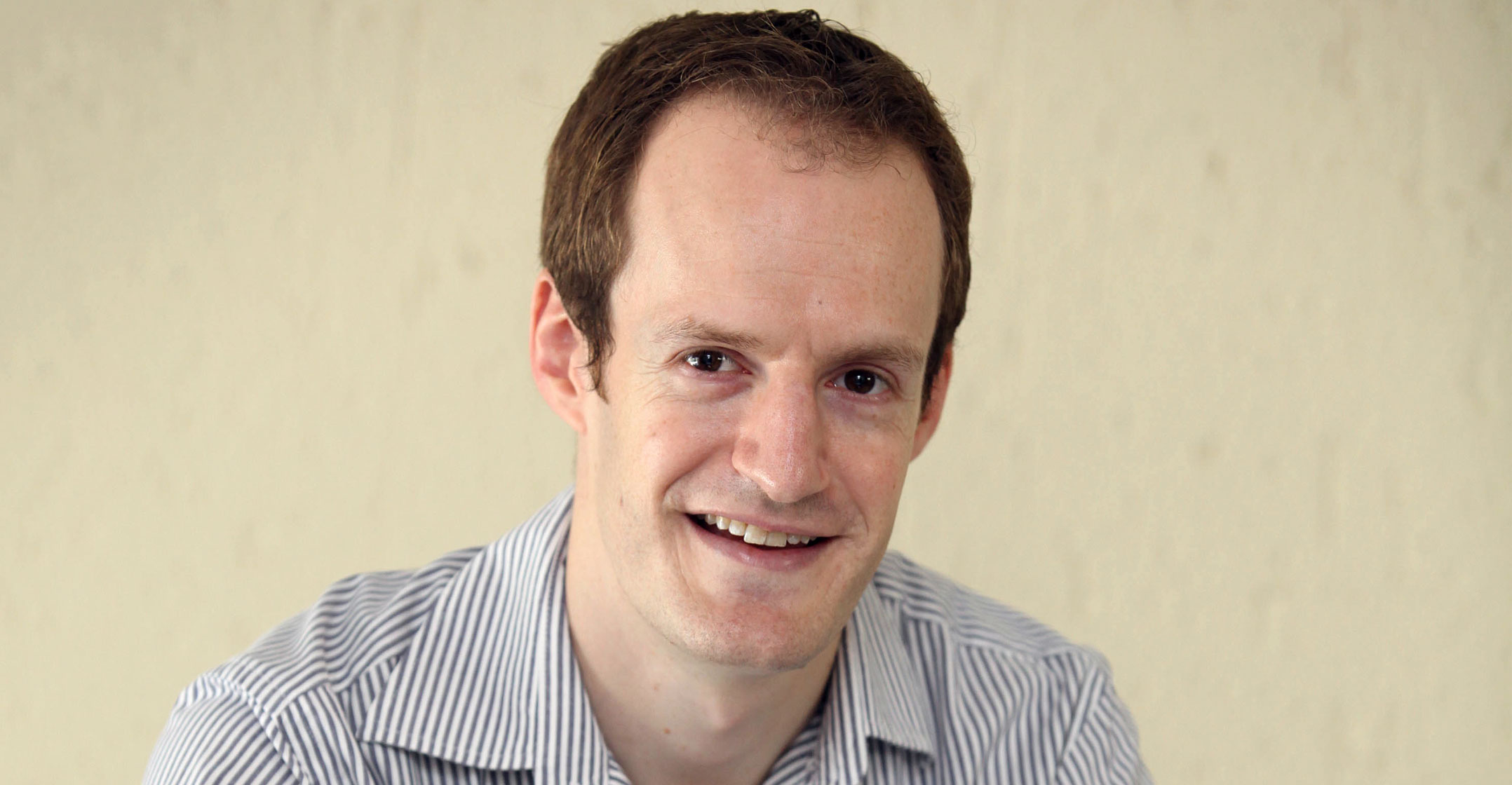
Communications regulator Icasa has not thought through its proposed new call termination rate regulations and, if they’re implemented without significant changes, they will harm the industry and lead to higher prices for consumers.
That’s the view of Switch Telecom CEO Greg Massel, who spoke to TechCentral in a podcast interview on Monday (listen to the discussion below).
“The single biggest issue is that, either intentionally or unintentionally, they seem to steal from the poor and give to the rich,” he said. “It really could be devastating to a lot of the newer entrants to the market.”
Massel said Icasa has proposed a “complete turnaround” in the strategy it followed between 2010 and 2016. “In 2010, there seemed to be an acknowledgement that there was some level of convergence between fixed and mobile technologies and between markets. Prior to 2010, the ratio of the mobile to the fixed termination rate was about 4.5 times. Over the space of eight years, it’s come down 1.3 times,” he said.
“What we are seeing in this draft regulation is a complete reversal of that. The proposal is to go up from current levels back to the level of fixed-mobile subsidisation that we had in March 2010. That’s really backward. There’s no reason for the fixed market to be subsidising mobile, because the market dynamics have changed…”
Massel described the draft regulations as being drawn up with “good intentions” but implemented badly.
“The idea of regulating call termination tariffs and bringing them down towards cost as a pro-competitive remedy is fundamentally a good one and is to be welcomed, but it has to be done responsibly. There’s no short-cutting it and the indication here is that Icasa has tried to cut corners — and that’s where the harm is.”
He encouraged Icasa not to implement the new regulations on 1 October as planned, but rather to delay them “by a few months”. Providing such a short period of time to implement the new regulations and consider inputs from the industry is “inexcusable”.
“The draft regulations appear rushed and poorly thought out, and when the result of a rushed decision is that you come to a conclusion in terms of which the poor subsidise the wealthy, well that’s not only inexcusable, it’s actually perverse.”
It’s a fascinating podcast about a very important issue. Don’t miss it!
How to subscribe to TechCentral’s podcasts
There are many ways to enjoy TechCentral’s podcasts, beyond simply streaming them from the website. The best way is by subscribing to them using an app on your phone, allowing you to listen in the car (via Bluetooth), at the gym or wherever you happen to be. Use the links below to subscribe.
 iTunes
iTunes
Pocket Casts
TuneIn Radio
Stitcher
iono.fm
RSS
 iTunes
iTunes
Pocket Casts
TuneIn Radio
Stitcher
iono.fm
RSS
 iTunes
iTunes
Pocket Casts
TuneIn Radio
Stitcher
iono.fm
RSS
 iTunes
iTunes
Pocket Casts
TuneIn Radio
Stitcher
iono.fm
RSS

iTunes
Pocket Casts
TuneIn Radio
Stitcher
iono.fm
RSS
TechCentral podcasts are governed by a Creative Commons Attribution-NonCommercial-NoDerivatives 4.0 International (CC BY-NC-ND 4.0) licence. This means you may copy and redistribute the material unmodified, but you must provide the appropriate credit to TechCentral, with a link to this page. We also ask that if you’d like to use this podcast on your website or in an electronic newsletter that you use iono.fm’s embedded player. The HTML for this episode’s embedded player is:
<iframe src=”https://embed.iono.fm/epi/596643″ width=”100%” height=”135″ frameborder=”0″><a href=”https://iono.fm/e/596643″>Content hosted by iono.fm</a></iframe>




